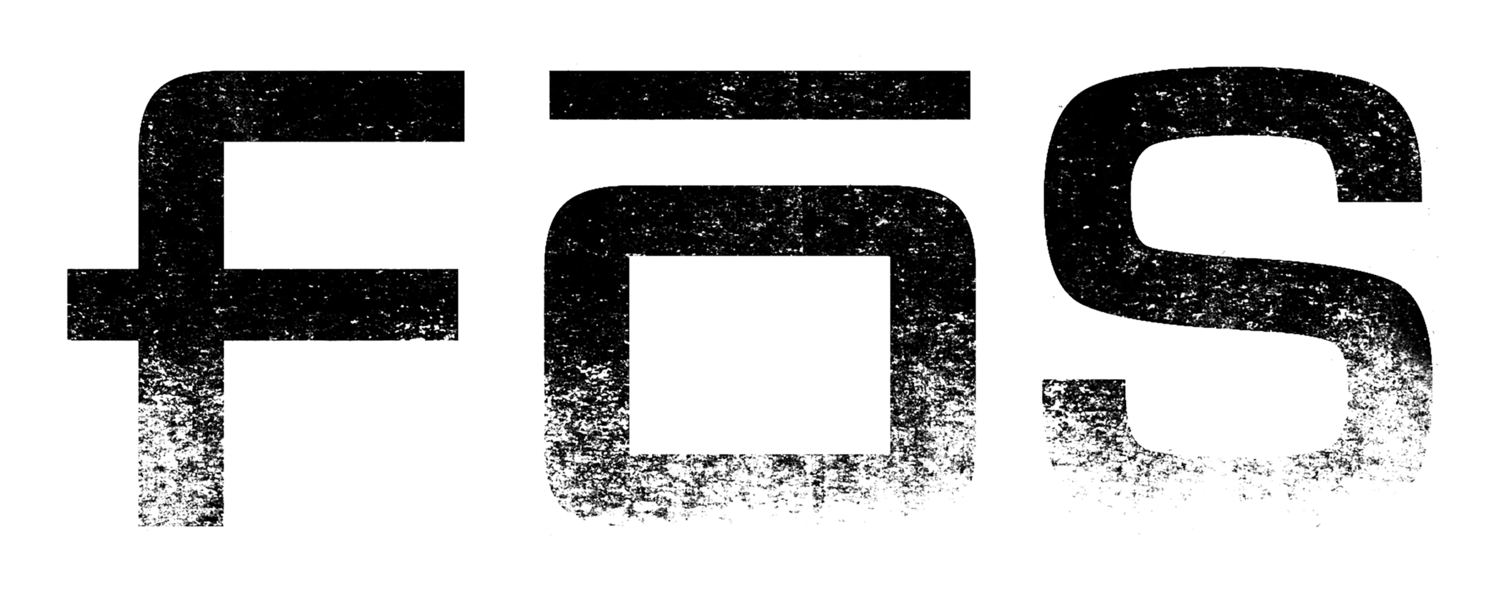APEST—Shepherd
Apostle. Prophet. Evangelist. Shepherd. And Teacher. God has given these amazing gifts to the Church (Ephesians 4:1-13). Far too often we try to sum up leadership in the Church under the catchall title “pastor”, but what if God has a bigger picture for the equipping of the Church? What could local expressions of the Body of Christ look like organized around the gifts God has given us?
This week we are focusing in on Shepherds.
Shepherds are the soul healers of the community. The midwives of restoration. The ones that guard and guide creating spaces of healing and safety along the journey.
Shepherds/Pastors: Guard and Guide.Pastors guard the community from the wolves and guide them toward still waters. They are nurturers and protectors. We might call them “soul healers” because they cultivate a healing environment and help us work through our past hurts and move toward a sense of wholeness in the context of community. They have a deep sense of the brokenness within us and help us to cultivate a life-giving spirituality and embody reconciliation. Soul healers create a sense of family within the group, seeking to protect people and create environments where people can feel safe to be vulnerable.
Immaturity for the Shepherd/Pastor:
Immature Pastors can be so sensitive to the feelings of people that they can be driven by fear, panicked at offending anyone and unable to live with disappointing others. With a desire to build a sense of family, they can create a false dichotomy between community and mission, instead of building a community for mission. They often overextend themselves because they don’t know how to set up appropriate boundaries with people. They can be easily fooled by other’s character when someone expresses acceptance for them. They are slow to act because they get anxiety about all the possible negative outcomes. Pastors are so attuned to pain that they can be overwhelmed by their own pain and problems. Pastors often want people to experience belonging and safety so desperately that they find multiple excuses not to stretch people into uncomfortable risk-taking mission.
Formational Learning:
(Head)
What benefits and drawbacks could come from activating Shepherds within FōS?
(Heart)
Do you see yourself in the gift of the Shepherd? If yes in what ways and what about the gift resonated with you? If no do you know someone who fits the description either mature or immature?
(Hands)
What practices could allow us to equip, empower, and facilitate Shepherds in our community?

